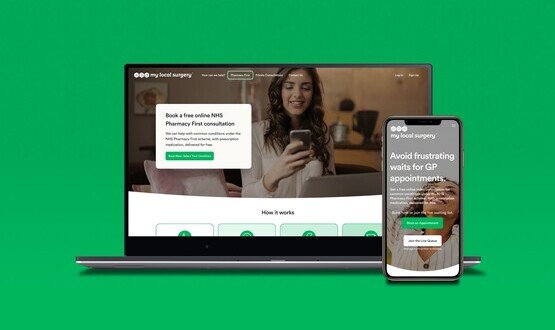EPS pilot to restart after early glitch
- 3 February 2006
One of England’s first electronic prescription service (EPS) pilots has been shut down for more than a month because of problems with the GP clinical system supplier’s software.
Brigstock Pharmacy in Croydon, South London, began to receive prescriptions from its neighbouring GP practice in December but the pilot had to be halted because the practice’s EMIS system did not generate enough links between its own drug database and the NHS dictionary of drugs and medicines (dm+d).
Sean Riddell, deputy managing director of EMIS, told EHI Primary Care that the company has been working to resolve the problem and had just received the go-ahead from Connecting for Health (CfH), the agency in charge of IT modernisation, to restart the pilot which would begin with a two week safety case study.
He added: “We had not adequately mapped enough dm+d descriptions to our drug database at the start of the pilot. This then would result in a considerable inconvenience for the pharmacist due to the lack of an automatic electronic match. EMIS have now repopulated our database with a more comprehensive list of dm+d descriptions.”
Riddell said the updated software would be rolled out to all sites from late February and used for all future EPS transmissions.
Under EPS, the prescription generated by the GP clinical system must use codes from the dm+d so that all systems operating the EPS are using the standard NHS database of drugs. It also helps the pharmacist check that the medication information on the prescription is accurate.
Beran Patel, pharmacist and owner of the Brigstock Pharmacy, said the problems, first reported by Chemist and Druggist magazine, had quickly come to light when the EPS pilot started in December.
He told EHI Primary Care: “The GPs were finding that for every patient only one or two items were registered so we had to process most of the prescriptions on the old system. It caused frustration for everyone and could have meant a patient having to pay two prescription charges, but the whole point of the pilot is to find out where the problems are and sort them out before it’s rolled out to 1000 pharmacies.”
Patel said he remained an enthusiast for the electronic transfer of prescriptions and was looking forward to the pilot restarting. His pharmacy also takes part in the EPS with a medical centre for refugees, the Rainbow Medical Centre, on the same site. It uses InPractice Systems’ Vision software and has not faced the same problems although very few scrips are generated each week as most of the refugees are not eligible for NHS prescriptions.
A total of 277,273 prescriptions had so far been transmitted using EPS by the end of January according to CfH figures. The service is being trialled in initial implementer sites before it is rolled out across England and is also being deployed in two releases with the aim of full coverage of EPS by the end of next year.




